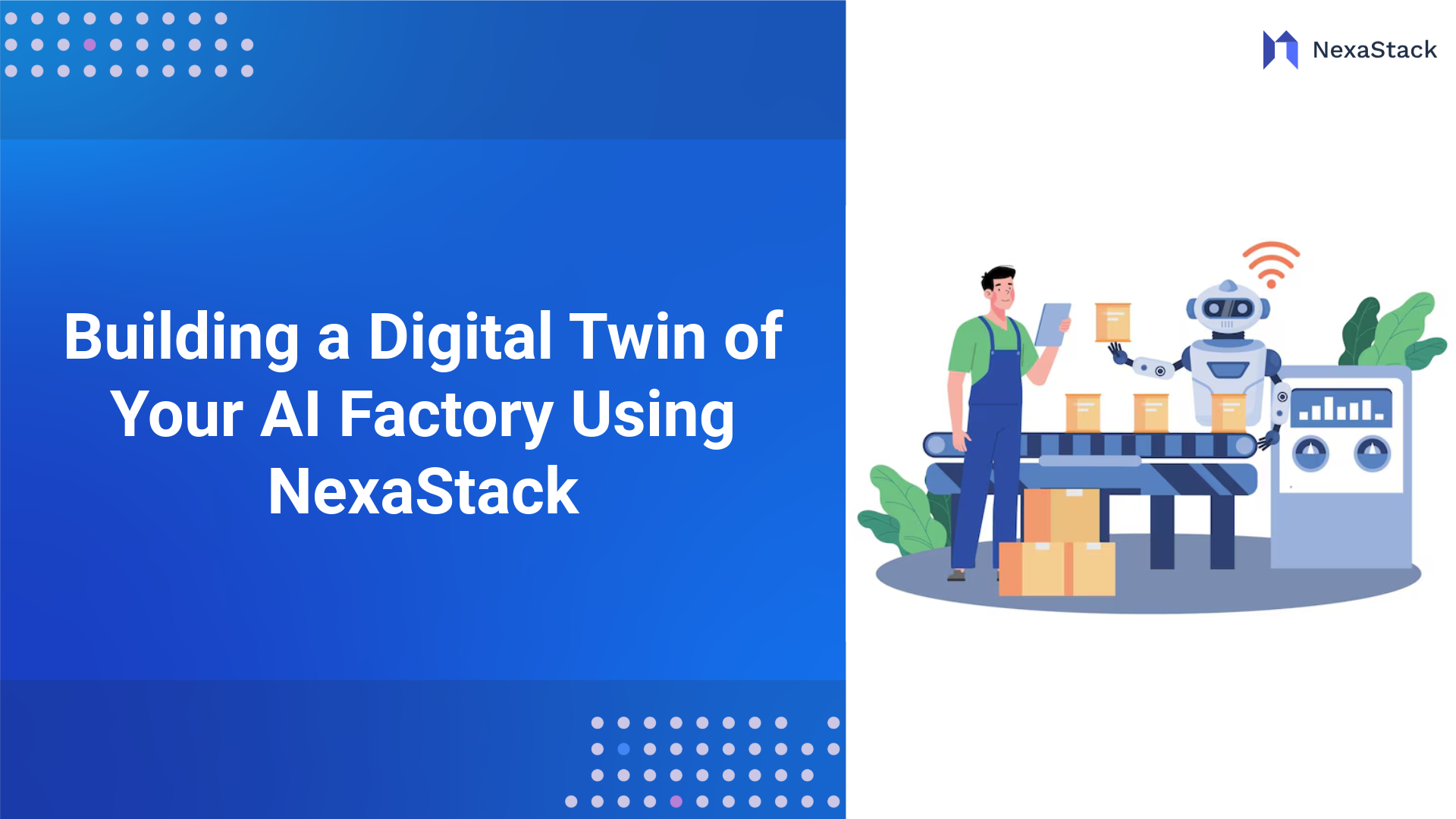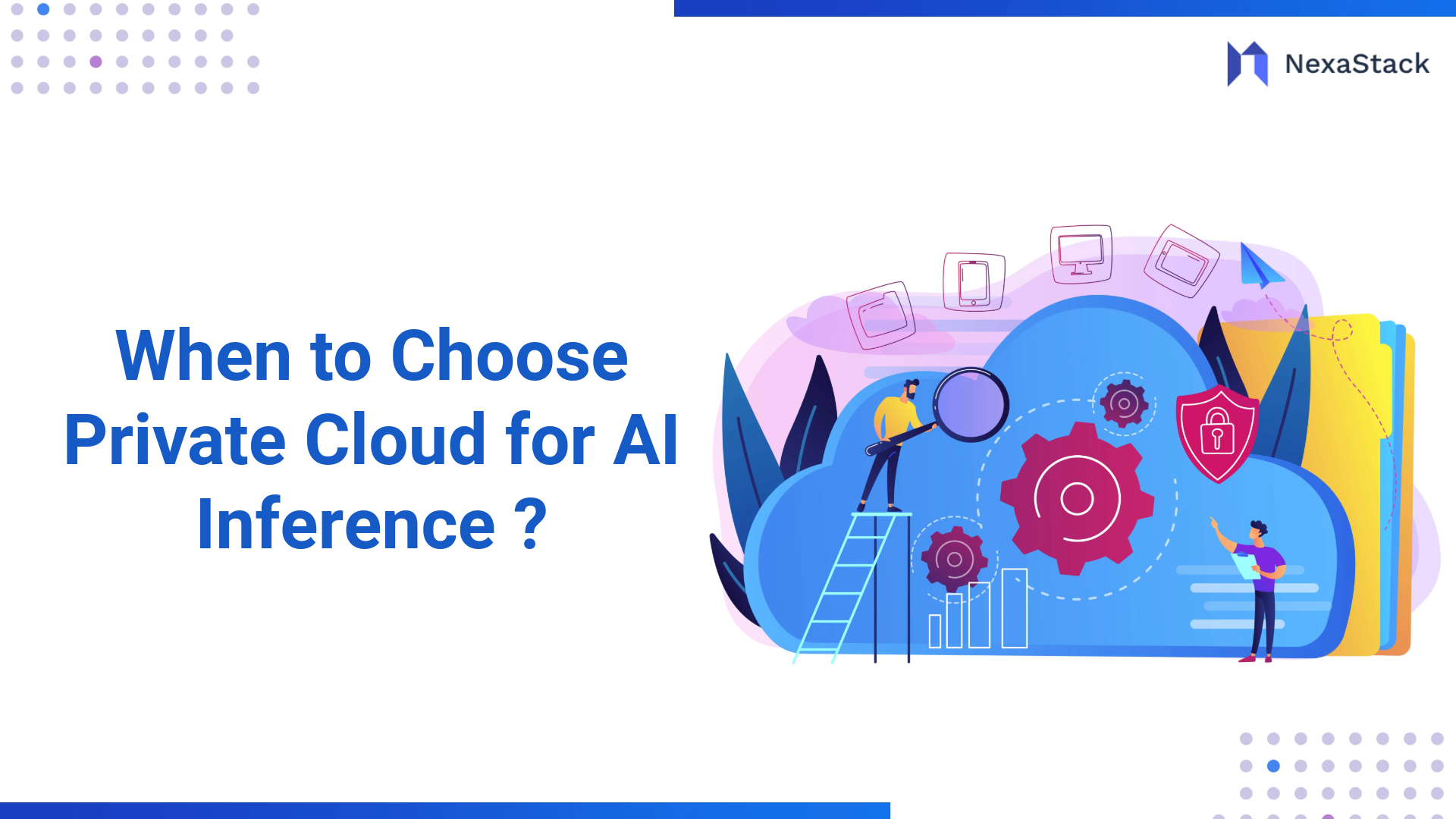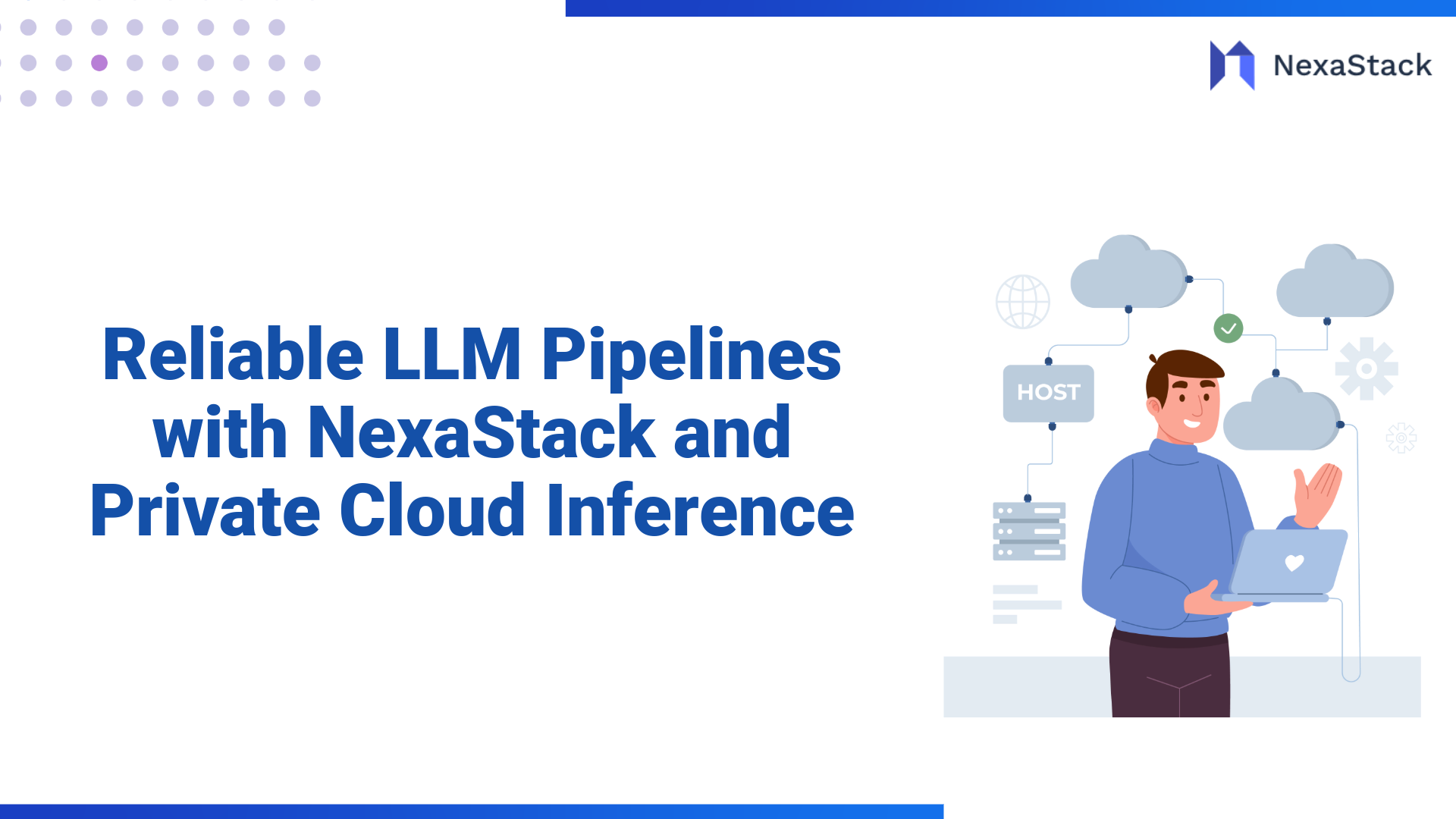Choosing the Right Private Coding Assistant for Your Team
Evaluating Team Needs: Small, Medium, and Large Teams
Selecting the ideal private AI coding assistant depends on your team’s size, development requirements, and security concerns.
-
Small Teams (1-10 Developers): Prioritise lightweight, cost-effective tools with essential features like intelligent code completion, debugging, and minimal setup. Open-source solutions such as Tabnine and Codeium offer affordability and on-premise deployment for data privacy.
-
Medium Teams (10-50 Developers): Require a balance of cost, performance, and scalability. Private cloud deployments with advanced features like automated code reviews, workflow automation, and team collaboration are ideal. Proprietary AI assistants with flexible pricing options work well.
-
Large Enterprise Teams (50+ Developers): They need highly scalable, customizable AI coding assistants with enterprise-grade security, compliance, and integration capabilities. On-premises or private cloud deployment is preferred, as it ensures regulatory adherence, role-based access controls, and seamless enterprise tool integration.
Open-Source vs. Proprietary AI Coding Assistants
Organisations must choose between open-source and proprietary AI assistants based on their development goals and security requirements:
-
Open-Source Solutions (e.g., CodeGeeX, TabNine, Codeium): Cost-effective, highly customizable, and community-driven, but may lack dedicated enterprise support and security enhancements.
-
Proprietary Solutions: Offer advanced features, enterprise support, security compliance, and seamless integration into existing workflows, though they come at a higher cost.
Key Considerations for Integration
Regardless of the choice, ensuring compatibility with existing development environments is crucial. A robust private AI coding assistant should integrate with:
-
IDEs: Visual Studio Code, IntelliJ, Eclipse
-
Version Control Systems: GitHub, GitLab, Bitbucket
-
CI/CD Pipelines: Jenkins, Travis CI, CircleCI
Key Capabilities and Functionalities
Private AI coding assistants enhance development efficiency while ensuring security and compliance. Their key capabilities include:
-
Code Auto-Completion and Suggestions: AI-powered predictions accelerate coding by suggesting relevant snippets, reducing manual effort and maintaining consistency.
-
Automated Code Review and Error Detection: Real-time analysis identifies syntax errors, security vulnerabilities, and inefficiencies, minimising manual review time and improving code quality.
-
Secure Code Generation and Refactoring: Built-in security measures help enforce best practices, detect vulnerabilities, and suggest optimisations for maintaining secure code.
-
Documentation and Code Commenting Assistance: AI-generated inline documentation and API references improve code readability and maintainability.
Enterprise-Grade Security and Compliance: Private assistants ensure data protection through encryption, role-based access control (RBAC), and adherence to standards like ISO 27001, GDPR, and SOC 2.
Deployment Strategies for Private Coding Assistants
Choosing the right deployment strategy for a private AI coding assistant depends on data security, scalability, and integration requirements.
On-Premises vs. Private Cloud Deployment

-
On-premises deployment offers complete control over infrastructure and data privacy, ideal for organizations prioritizing security and compliance. However, it requires higher initial costs and dedicated IT resources.
-
Private Cloud Deployment: Provides scalability and flexibility with secure cloud providers like AWS, Azure, or Google Cloud. Reducing infrastructure management may introduce dependency on third-party security measures.
Optimizing Developer Productivity with AI Assistance
AI-powered coding assistants are transforming software development by reducing workload, improving code quality, and enabling developers to focus on complex problem-solving.
How AI Reduces Developer Workload
AI coding assistants streamline development by handling routine coding tasks, allowing developers to focus on more strategic and high-impact work. Key capabilities include:
-
Code Auto-Completion: AI predicts and suggests relevant code snippets based on context, reducing manual typing and improving accuracy.
-
Automated Code Review: AI identifies syntax errors, security vulnerabilities, and inefficiencies, minimizing the need for extensive manual reviews.
-
Error Detection & Debugging: AI tools analyze code in real-time to detect and highlight issues, reducing debugging time.
-
Automated Documentation: AI generates comments and API documentation, improving code maintainability without additional manual effort.
By automating these tasks, AI coding assistants help developers focus on logic, architecture, and optimization rather than repetitive fixes and documentation.
Best Practices for AI-Driven Code Reviews
While AI significantly enhances productivity, human oversight remains crucial to maintaining code integrity. Organizations should adopt the following best practices:
-
Regularly Update AI Models – AI models should be trained on the latest codebases and frameworks to remain relevant and effective.
-
Define Clear Review Criteria – Establishing coding standards ensures AI-generated suggestions align with team requirements.
-
Encourage Human Oversight – Developers should validate AI-generated code before merging changes to avoid introducing errors.
-
Continuously Improve AI Recommendations – Teams should provide feedback to refine AI-generated suggestions over time.
-
Seamless Workflow Integration – AI coding assistants should integrate with IDEs, version control systems, and CI/CD pipelines to maintain a smooth development process.
By following these best practices, organisations can maximise AI’s benefits while ensuring high-quality, maintainable code.
Measuring Productivity Gains with AI Assistants
To justify the adoption of AI coding assistants, organizations must track measurable productivity improvements. Key performance indicators (KPIs) include:
- Time Saved Per Task – Measuring the reduction in coding and debugging time.
- Code Quality Improvements – Tracking bug reduction and adherence to coding standards.
- Developer Satisfaction – Conducting surveys to assess ease of use and efficiency.
- Project Completion Time – Analyzing whether AI accelerates project timelines.
- Resource Utilization Shifts – Observing how AI allows developers to focus on more complex and strategic tasks.
Scaling for Different Team Sizes
For Small Teams: Lightweight AI Coding Tools
-
Cost-effective solutions with essential features.
-
Minimal infrastructure requirements.
-
Focus on boosting productivity and reducing debugging time.
For Medium Teams: Balancing Cost, Performance, and Security
-
AI assistants with expanded features such as version control integration and automated testing.
-
Deployment on secure cloud environments with role-based access.
For Large Enterprises: Scalable AI Assistants with Compliance Support
-
Fully customizable AI coding platforms tailored to organisational needs.
-
Integration with security monitoring tools.
-
Enterprise-grade compliance with industry regulations.
Security and Compliance Considerations
-
Protecting Proprietary Code with AI Assistants: Private AI coding assistants must ensure that sensitive intellectual property remains secure and inaccessible to third parties.
-
Implementing Role-Based Access Control (RBAC): RBAC ensures that only authorised users have access to specific AI assistant functionalities, preventing unauthorised code access.
-
Compliance with Industry Standards (ISO, GDPR, SOC 2): Adhering to global compliance standards is critical to maintaining trust and meeting legal requirements for software development.
Future Trends and Innovations in AI Coding Assistants
-
Advanced LLMs for Enhanced Context Understanding
AI-powered assistants will leverage improved large language models (LLMs) to provide more accurate code suggestions, better context awareness, and multi-language support.
-
AI Agents for Autonomous Code Generation
Future AI agents will generate complete solutions, automate deployment, and integrate seamlessly into development pipelines, reducing manual coding efforts.
-
Predictive Debugging and Self-Healing Code
AI-driven debugging will proactively detect, analyze, and fix errors in real-time, optimizing software performance with minimal developer intervention.
-
Real-Time Collaboration & Integration
AI coding assistants will support collaborative coding, allowing multiple developers to work efficiently with AI-driven insights and real-time suggestions.
-
Ethical AI and Responsible Development
Addressing bias mitigation, transparency, and data privacy will be crucial to ensuring ethical AI use in software development.
Conclusion: The Future of AI-Powered Coding Assistants
Artificial intelligence-powered personal coding assistants are revolutionizing software development with higher productivity, improved code quality, and enhanced security. Whether it is a startup or a large corporation, the tools automate work, reduce repetitive tasks, and enable developers to focus on innovation.
As AI technology continues to advance, organizations are required to strategically deploy and customize these assistants to their unique development needs. Focusing on scalability, integration, compliance, and ethical AI practices will be the key to unlocking their full potential. AI-powered coding solutions can assist development teams in staying competitive in a more competitive and fast-paced world by adopting them.





